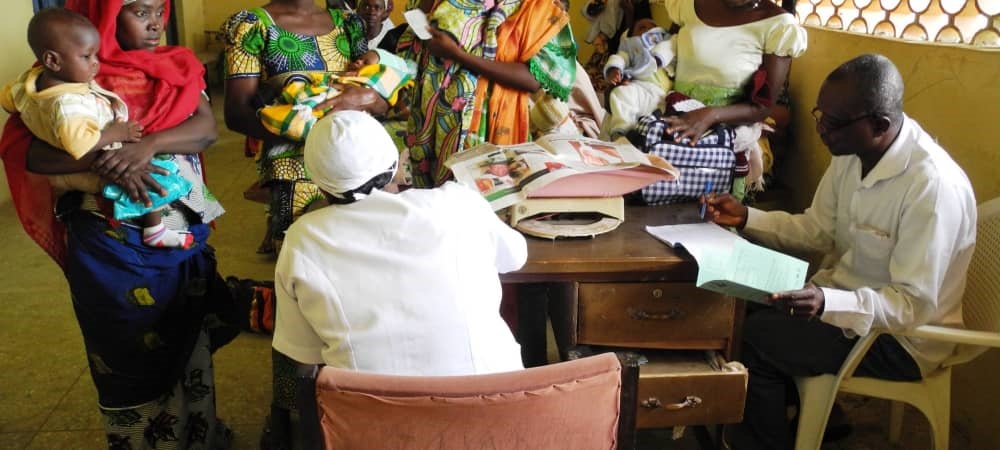Pregnant women and nursing mothers across Rivers State are urging the government to upgrade and expand infrastructure at primary health centers, citing overcrowding, limited space, and outdated equipment as growing concerns. While they commend the dedication of healthcare workers and the quality of maternal and child services, many say the current facilities are no longer adequate to meet rising demand.
During a recent visit to a community health center in Rivers State, our reporter spoke with several women receiving care. Their experiences painted a picture of committed health professionals working under resource constraints.
“The service is okay. They attend to us and our babies well,” said Mariam, a nursing mother waiting in line for her child’s immunization. “The health talks help us understand how to take care of our children and ourselves after childbirth. But the waiting area is too small. Sometimes, we sit outside under the sun.”
Another mother, Chioma Iheayi, emphasized the need for more space and better amenities. “There are so many women coming every day. If they can extend the building and make more rooms, it would reduce the crowding and stress for everyone,” she said.
For pregnant women, the challenges are even more pressing. Adaobi Williams, a 29-year-old expectant mother, recounted her recent experience with elevated blood pressure. “I couldn’t sleep the night before, and my head was pounding. When I got here, they checked me and said my BP was high. They gave me medicine, monitored me, and I felt much better,” she shared. “I’m grateful for the care, but more beds and privacy would make a huge difference—especially for emergencies like mine.”
In response to these concerns, Dr. Amaka Eze of Elekahia Health Center offered insights into the importance of maternal health and infrastructure investment.
“Pregnancy and breastfeeding are vulnerable stages in a woman’s life,” she said in an exclusive interview. “Women need consistent monitoring—not only when something feels wrong, but as a preventive measure. Antenatal visits, postnatal care, proper nutrition, and education all play critical roles in safeguarding maternal and infant health.”
Dr. Eze acknowledged the infrastructural constraints facing primary healthcare facilities and called for immediate intervention.
“We are seeing a steady rise in patient numbers, particularly in rural and semi-urban areas. It’s a positive sign that more women are seeking care, but the facilities must evolve to meet this demand. We need more beds, additional trained staff, reliable power supply, and modern medical equipment to support obstetric and pediatric care,” she explained.
She urged state authorities to prioritize funding for maternal and child health in upcoming budgets. “Investing in women’s health is investing in the future. No woman should have to choose between receiving care and enduring unsafe conditions due to overcrowded health centers.”

























